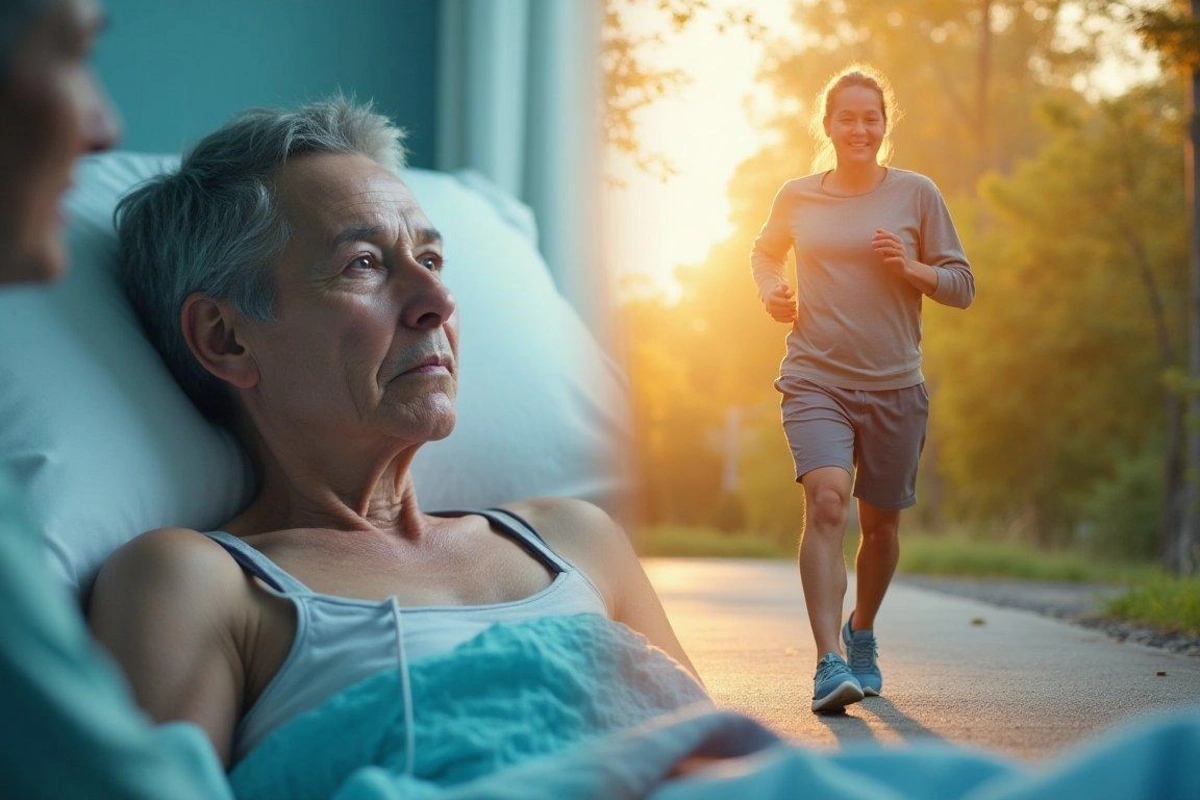All about cancer and oncology: how to recognize the first signs

Cancer is one of the most serious medical problems of our time. In this article, we will examine the key aspects of oncological diseases, their early symptoms, and diagnostic methods.
What is cancer?
Cancer is a group of diseases characterized by uncontrolled growth and spread of abnormal cells. These cells can form tumors, invade other tissues, and disrupt the normal functioning of the body.
Main types of cancer
Carcinoma - arises from epithelial cells (lung, breast, prostate cancer)
Sarcoma - develops in bones, muscles, fatty tissue
Leukemia - cancer of blood-forming tissues
Lymphoma - affects the lymphatic system
Melanoma - aggressive skin cancer
Early signs of cancer
It's important to know the alarming symptoms that may indicate the development of oncology:
General symptoms:
Unexplained weight loss (5 kg or more without effort)
Persistent fatigue that doesn't go away after rest
Prolonged elevated temperature without obvious causes
Pain sensations without clear localization in later stages
Specific symptoms:
Skin: changes in moles, appearance of new pigmented spots
Breast: lumps, changes in shape, nipple discharge
Lungs: persistent cough, blood in sputum
GI tract: difficulty swallowing, prolonged digestive disorders
Urogenital system: blood in urine, urination disorders
Risk factors
Smoking - cause of 30% of all cancer cases
Improper diet - excess red meat, lack of vegetables and fruits
Alcohol - increases risk of liver, throat, breast cancer
Physical inactivity - lack of physical activity
Heredity - certain genetic mutations
Age - majority of cases after 50 years
UV radiation - excessive sun exposure
Infections - HPV, hepatitis B and C, H. pylori
Diagnostic methods
Modern oncology uses various methods to detect cancer:
Laboratory tests (tumor markers, complete blood count)
Imaging (X-ray, ultrasound, CT, MRI, PET)
Endoscopy (colonoscopy, gastroscopy, bronchoscopy)
Biopsy - taking a tissue sample for histological examination
Genetic testing - detection of hereditary mutations
Cancer prevention
Up to 40% of cancer cases can be prevented through:
Quitting smoking and limiting alcohol
Balanced diet with predominance of plant foods
Regular physical activity
Weight control
Protection from UV radiation
Vaccination (HPV, hepatitis B)
Regular medical check-ups
When to see a doctor?
Don't delay visiting a specialist if:
Symptoms persist for more than 2 weeks
Condition worsens without apparent reasons
Unusual changes appear in the body
There is a family history of oncological diseases
Remember: early diagnosis significantly increases the chances of successful treatment. Regular preventive check-ups are the best protection against cancer.
Similar News
Debunked: Popular Myth About the Harm of Fatty Dairy Products
Consumption of fatty cheeses and cream in middle and old age may be associated with a lower risk of dementia, according to a large Swedish study. However, the a...




 Azərbaycanca
Azərbaycanca  По-русски
По-русски  English
English 





